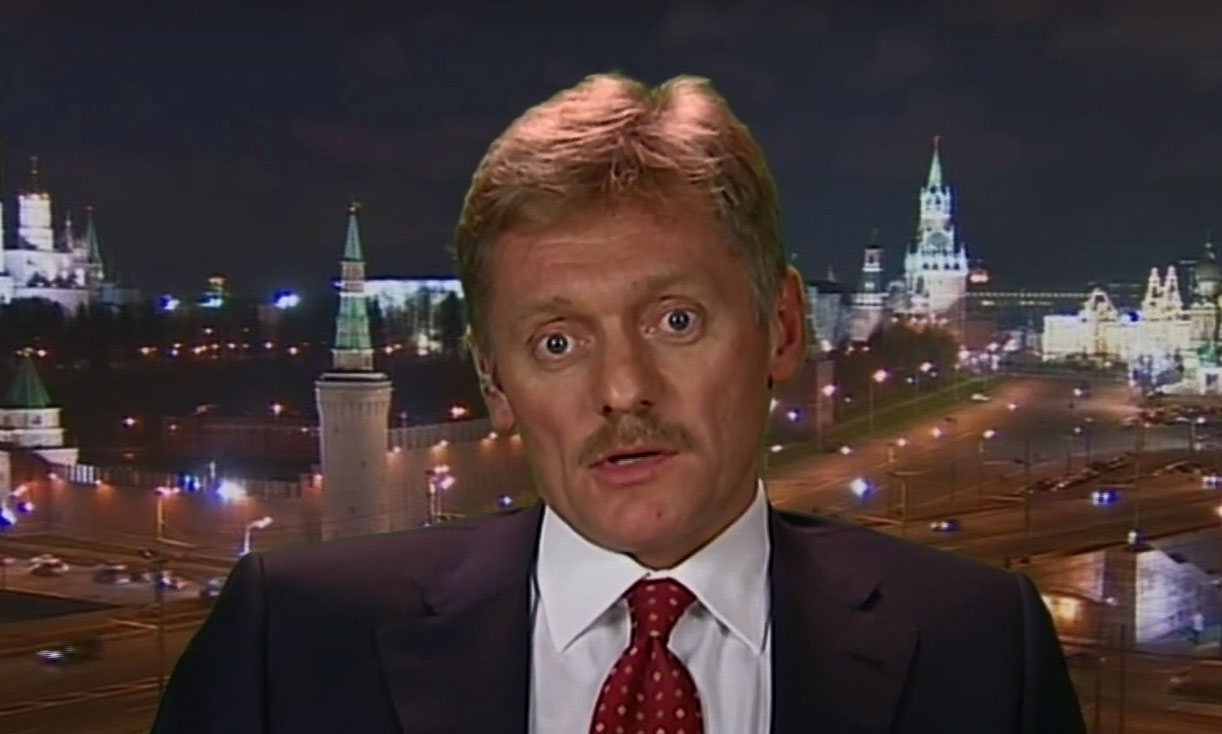The Kremlin has rejected President Donald Trump’s ultimatum for Russia to negotiate an end to its war in Ukraine within 10 days, with officials reaffirming Moscow’s commitment to continue military operations until achieving its stated objectives.
Trump announced the deadline on 29 July before boarding Air Force One, warning that tariffs would take effect if Russia refused to stop the war. “Ten days from today. And then we’re gonna put on tariffs and stuff,” Trump told reporters, according to audio published by the White House.
The threatened tariffs would target secondary sanctions on countries purchasing Russian oil, gas and other products, including China and India. Trump acknowledged uncertainty about the measure’s impact, stating: “I don’t know if it’s gonna affect Russia, because he (Russian President Vladimir Putin) wants to obviously probably keep the war going, but we’re gonna put tariffs and various things.”
The announcement represents a shortened timeline from Trump’s previous ultimatum delivered 14 July, when he warned of “severe” tariffs up to 100% if Russia failed to agree to a peace deal within 50 days. Trump said on 28 July he was no longer willing to wait that long.
Russian Security Council Deputy Chairperson Dmitry Medvedev responded on his English-language X account, according to the ISW, that Trump cannot dictate negotiation timing. Medvedev said that negotiations will conclude only when Russia achieves all war objectives, likely referring to Moscow’s original aims including regime change in Ukraine, alterations to NATO’s open-door policy, and reducing Ukraine’s military capabilities.
Kremlin Spokesperson Dmitry Peskov echoed the rejection, claiming Russia will continue its war to protect national interests despite Trump’s revised deadline.
The Institute for the Study of War assessed Kremlin’s statements as efforts to compel Trump to abandon his deadline in favor of normalized bilateral relations and increased cooperation. ISW reported that the Kremlin remains uninterested in negotiations to end the war, instead seeking to protract the war to secure additional battlefield gains.




